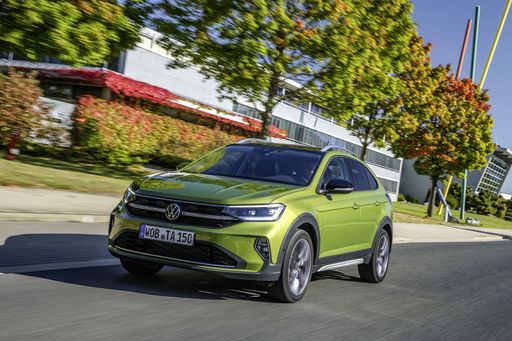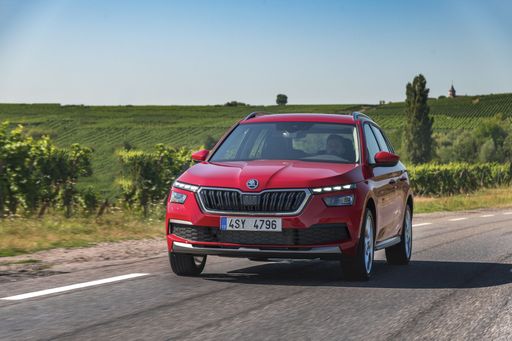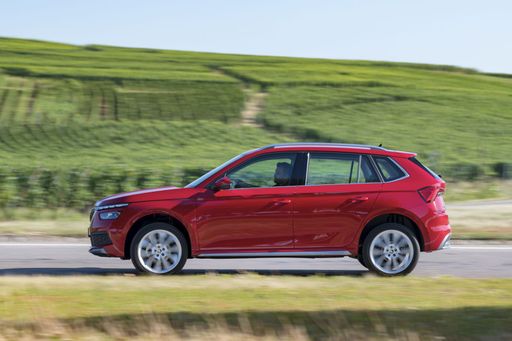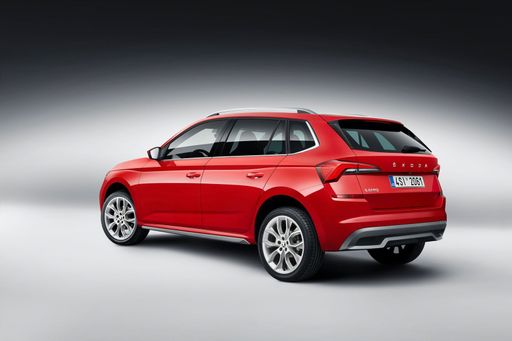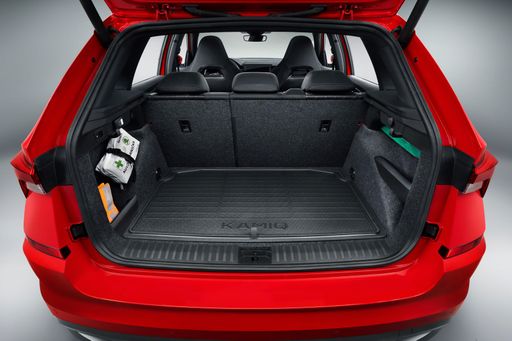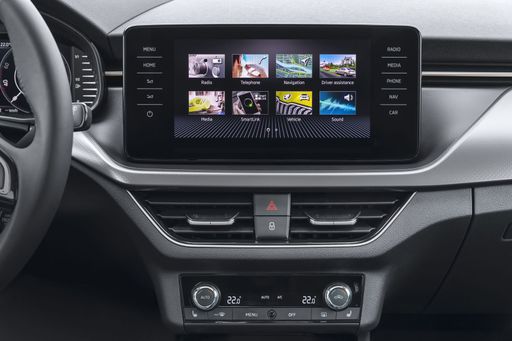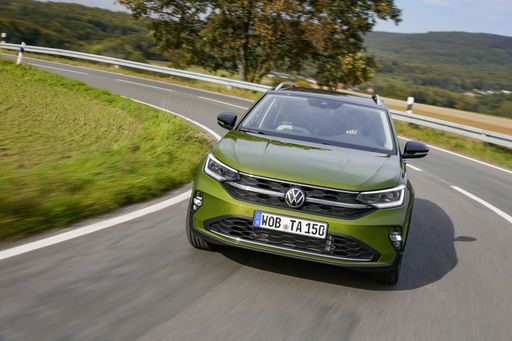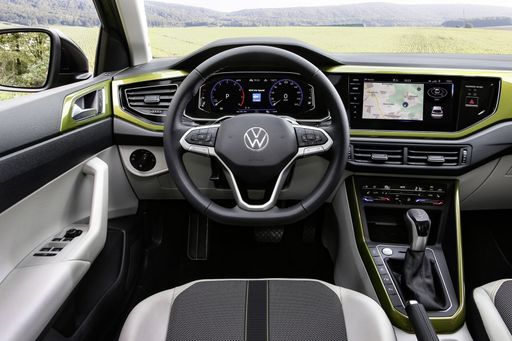City shapes, different souls
The choice between the Skoda Kamiq and the VW Taigo is really a question of character rather than specification. One plays the sensible, no-nonsense family companion with a focus on practicality, while the other leans into a sportier, style-first persona that likes to be noticed in urban traffic. Both feel at home in the city, but they appeal to slightly different sensibilities — the pragmatic buyer versus the style-conscious commuter. Pick according to which personality fits your daily routine and taste.

